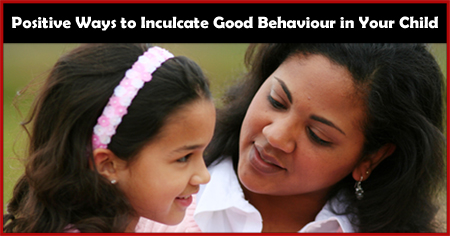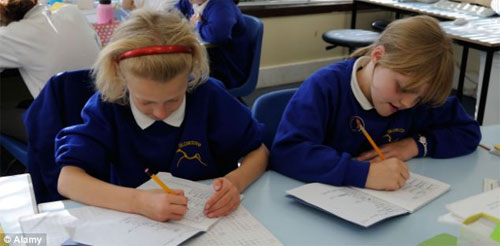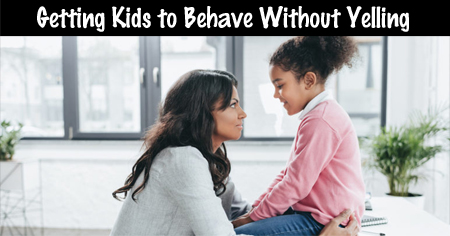It is very important to analyse the situation when kids commit any mistake before punishing them. Punishments should only be given to kids if they really deserve it. At the same time parents should follow other discipline strategies instead of punishing kids. Read on to learn how parents can avoid punishing kids. Every child needs to be disciplined in order to behave in a manner acceptable to others and observe the defined limits of freedom. Sometimes punishment becomes unavoidable, when the child either breaks a rule or misbehaves. Parents can use the following guidelines to instill a sense of discipline in their child. It will also help them use punishment as a corrective method effectively as and when needed.
Consistency in Behaviour with Children
Parents need to observe consistency in their behaviour with children. Practicing overindulgence and overprotection alternating with extreme strictness and punishment is to be avoided. Contradictory opinions expressed by parents and grandparents would confuse the child and he would not realize the reason for being punished.
Warn Your Child before Punishing
Try to give one reminder or warning to the child before the child is actually punished and find out if this strategy works. Do not give threats if you don't intend to carry them out.
Punish Only When Your Child Really Deserves It
Do not punish your child for behaviour that may be part of his normal development such as occasional bedwetting, thumb sucking or tantrums.
Avoid Punishing for Accidental Mishaps
Do not punish your child for accidental mishaps. If your child drops a soft drink on the carpet, do not scold him but tell him to be more careful next time. Such encouragement will help the child in his learned responses.
Ignore Minor and Unimportant Incidents
Ignore minor and unimportant incidents, particularly if the child is young, such as sulking, tantrums and interruptions. Similarly, demands for small items should not be denied without appropriate consideration. Use of non-verbal communication such as good eye contact and firm denial is often all that is needed for minor misdeeds.
Avoid Physical Punishments
Physical punishments such as spanking, hitting, etc. are one of the most undesirable forms of punishments. Parents who have no control over their tempers could injure their children. Physical punishment makes the child more defiant and aggressive, rather than offering anysolution to the basic problem.
Use ‘Time-Out’ Punishment
Temporary 'time-out' punishment is one of the most effective disciplinary techniques. This involves isolating a child for a brief period of time. It provides a 'cool off' time, both for the parents and the child. He may be put in the corner of a room, or on a chair alone and the period should not last beyond 5 to 10 minutes.
Withdraw Child’s Privileges
Withdrawing a child 's privileges temporarily, such as not allowing him to watch his favourite serial on TV or delaying him for play activities can help the child to understand the results of his action. However, never withhold food or water from the child.
Avoid Severe or Prolonged Punishments
Never make the punishment severe or prolonged as it may lead to a feeling of insecurity, hostility and repression in your child. However, at the same time, the child must be made to realize that there would be some unpleasant consequences if he crosses acceptable limits of behaviour.
Once the punishment is over, see that your love and acceptance of the child gets through to him. Do not let the act of punishment become a power struggle between you and your child. Tell him that your response is to his undesirable behaviour and not against him as a person. This will ensure that you and your child continue to enjoy good emotional health for a healthy and happy childhood!
































